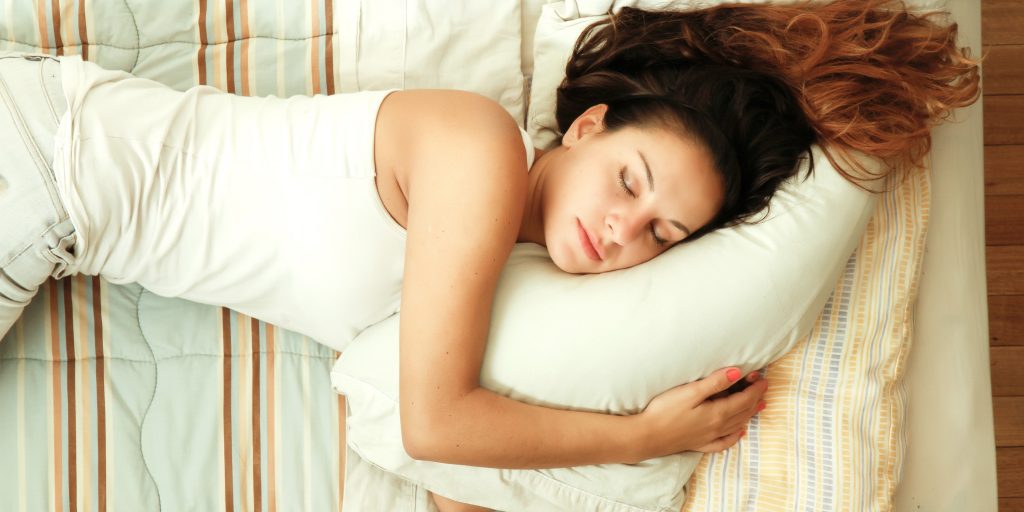
A night without proper sleep will already affect your running results. Chronic lack of sleep, even one hour less than expected, tends to accumulate and result in negative consequences for your health and sports.
Good sleep is just as important as properly constructed workouts. On average, an adult needs from seven to nine hours of full sleep. But it doesn’t mean better anymore; sleep should be really high-quality. By the way, physical activity positively affects the quality of sleep.
So people who are jogging or doing other physical exercises may need less sleep than those who are physically inactive.

Those who have at least once prepared for the race know for sure that a certain amount of sleep may be needed for each training period. Your body will begin to give you signals if the hours of rest are not enough. You will be disconnected as soon as your head touches the pillows, dozing all day, drinking coffee in liters.
If your body wants to fall asleep just a few hours after waking up, it means that the amount of time that you give yourself currently sleeping is not enough. Over time, lack of sleep can lead to a hormonal shift. After a week, a blood test may show elevated levels of the marker of inflammation C – reactive protein and stress hormone. As a result, the heart rate rises and the nervous system is constantly in a state of tension.
Growth hormone, which is also responsible for the restoration of muscles and bones, is produced during the deep phase of sleep. The less you sleep, the longer recovery takes after training tired and sore muscles. Their ability to store glycogen is reduced, which means that you run the risk of being left without nourishment during training. It is also worth remembering that in a dream, the structuring of the information received also occurs.

While running, your brain analyzes data about the world around you. About how muscles and nerves should work in order for your every step to be optimal, how your body moves in the space surrounding you.
It is during sleep that all this information is processed and summarized.
If we talk about the general harm of lack of sleep for the body, then it is worth mentioning the increased risk of gaining weight, getting sick often (immunity decreases) and earning a bunch of chronic diseases, among which there may be type 2 diabetes.
Also, lack of sleep makes you irritable, inattentive and prone to injury.